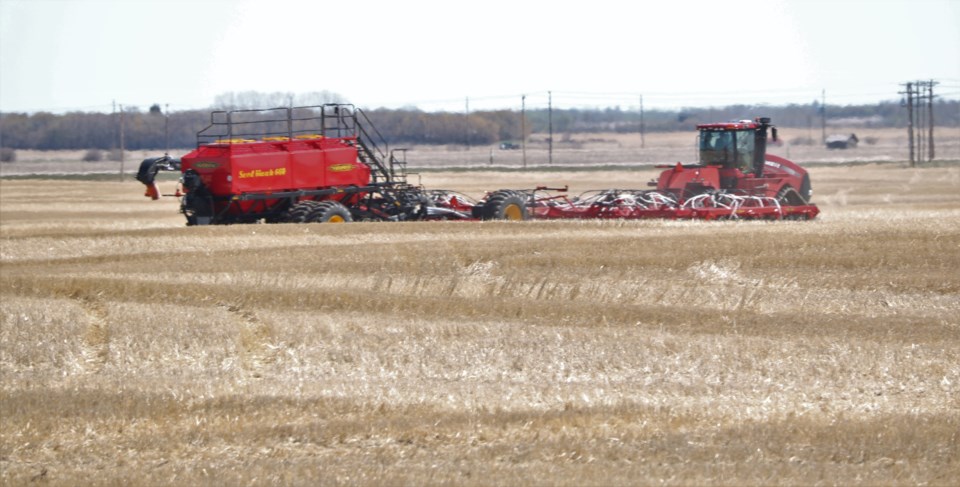YORKTON - The proposed acquisition of Viterra by Bunge has generated a ton of discussion – much of it generated by fear – in the agriculture sector.
For example, the Agricultural Producers Association of Saskatchewan (APAS), Alberta Grains, SaskBarley and Sask Wheat are raising serious concerns about the proposed merger between Bunge and Viterra and the resulting economic losses for producers.
“A recent study on the potential effects of the proposed merger on the grain sector in Western Canada by Dr. Richard Gray, Dr. James Nolan, and Dr. Peter Slade, from the University of Saskatchewan (U of S), with research support from APAS, Alberta Grains, SaskBarley and Sask Wheat, found the merger is likely to cause substantial economic harm to grain producers,” noted a recent Saskatchewan Barley Development Commission release.
“The results support the findings of the Competition Bureau’s review that the merger is likely to result in substantial anti-competitive effects and harm competition in markets for grain purchasing.
“The results of both of these studies validate concerns producers have been raising about the impact of the proposed merger on competition in the grain handling industry and ultimately returns to farmers” said Jake Leguee, Sask Wheat Chair, in the same release.
There is a natural concern of losing a market option – two essentially becoming one – but is now the time to draw a line and say no more to mergers?
It's not like this is exactly new. A rather long list of grain handling companies existed at one time, with a line of elevators in many rural communities each vying to handle a farmer’s grain.
Over the years mergers or just closure saw the numbers dwindle.
It has been a long term trend of rationalization by amalgamation.
The move by Bunge really just continues that trend.
And, it should not be overlooked that producers have been on the same path themselves, with farms growing ever larger basically since the end of the First World War.
If it’s good business for farmers to buy out neighbour after neighbour expanding their land base and increasing efficiency, is it not logical farm sector business would be doing the same?
Granted one does not want to see virtual market monopolies because one wants competition to create a level of price fairness, but what is reasonable as we move forward is far more difficult to define.
Would farmers be happy if they were suddenly limited in the acres they could own?
Certainly the Bunge plan has brought such questions into tighter focus, but answers are still very hazy.






